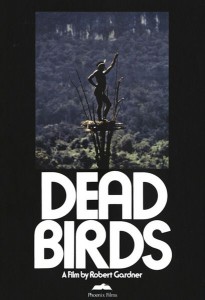
This informative documentary focuses on the Dani people of New Guinea, and in particular tribal members Weyak and Pua. Weyak, an adult, protects the land his tribe lives on from other tribes and outsiders. Their territory was then one of the few places not colonized by Europeans.
Read More »
Documentary
The Real Buddy Holly Story (1985) Richard Spence, Sonny Curtis, Paul McCartney, Larry Holley, Documentary, Music
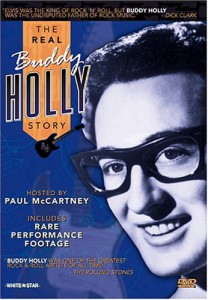
The complete video biography of rock’n’roll legend Buddy Holly, produced and hosted by Paul McCartney. This entertaining and enlightening show is the most definitive biography of Buddy Holly ever assembled, featuring interviews with members of The Crickets and many of Buddy Holly’s family and friends who knew him best. Includes rare performances and Paul McCartney performs several of Buddy Holly’s songs.
Read More »
London (1994) Patrick Keiller, Paul Scofield, Documentary
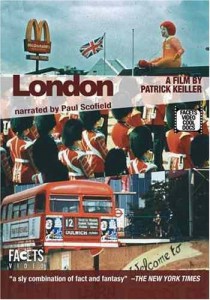
The first in Patrick Keiller’s highly imaginative trilogy of psycho-geographic journeys charts a trip through (and history of) London, as undertaken by our unseen narrator (Paul Scofield) and his companion, Robinson.
Read More »
Words on Water (2002) Sanjay Kak, Documentary
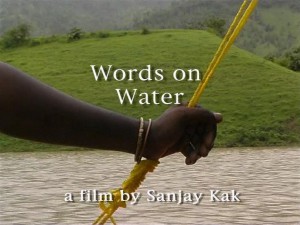
“Shasan valo, sun lo aaj – Hamare gaon mein hamaara raaj” (Listen to us, you who rule – our villages, we control). A boat carrying that cargo of defiance begins an urgent journey through the Narmada valley.
Read More »
Jamás leí a onetti (2010) Pablo Dotta, Documentary
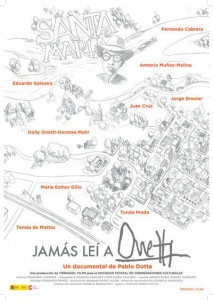
Jamás leí a Onetti (I have never read Onetti) is a documentary-homage to this great Uruguayan writer, which is enacted with testimonies, words, drawings and music, all part of the Onettian legacy. With the link between different kinds of writing as a starting point, the movie also asks about the means and the ends of all creative process.
Read More »
The Girls of Surrender Cinema (1997) Cybil Richards, Jacqueline Lovell, Sindee Coxx, Venesa Talor, Documentary, Erotic

This is a highlight package of Surrender Cinema’s best girl-on-girl scenes. The gorgeous Jacqueline Lovell goes on an erotic excursion into the very private lives of her closest friends in this sex film. It includes probably the hottest non-hardcore lesbian scene you’ll ever see between Jacqueline Lovell (aka Sara St James) and Vanessa Taylor.
Read More »
Blood on the Reel (2015) Johnny Daggers, Bianca Allaine, Jessica Sonneborn, Nick Somers, Documentary, Horror
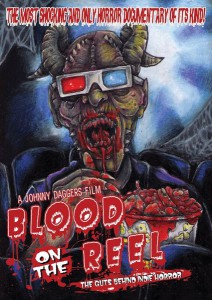
A documentary which focuses on Indie Horror Filmmakers from around the world and the perils we’re put through to bring your our films.
Read More »
Eurocrime! The Italian Cop and Gangster Films That Ruled the ’70s (2012) Mike Malloy, Franco Nero, John Saxon, Henry Silva, Documentary, Action, Crime
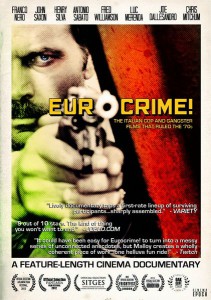
A documentary concerning the violent Italian ‘poliziotteschi’ cinematic movement of the 1970s which, at first glance, seem to be rip-offs of American crime films like DIRTY HARRY or THE GODFATHER, but which really address Italian issues like the Sicilian Mafia and red terrorism. Perhaps even more interesting than the films themselves were the rushed methods of production (stars performing their own stunts, stealing shots, no live sound) and the bleed-over between real-life crime and movie crime.
Read More »
Helicopter String Quartet (1996) Frank Scheffer, Karlheinz Stockhausen, Documentary, Music
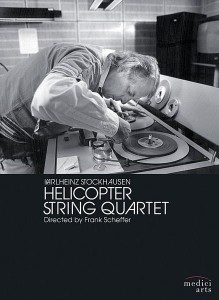
This is not a joke. Karlheinz Stockhausen dreamt of it and he did it. He wrote a score for a string quartet whose musicians (in this instance the Arditti Quartet) would each play in a helicopter, while their music would be mixed on the ground by Stockhausen and broadcasted in the concert hall. The helicopter rotors are naturally present.
Read More »
Presque rien avec Luc Ferrari (2005) Jacqueline Caux, Olivier Pascal, Documentary
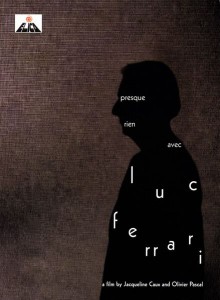
Documenting the work of one of the most groundbreaking and seductive composers of the Twentieth Century, this film also shows Luc Ferrari’s “extremely libertarian personality: his spontaneity, his inclination towards hedonism and sensuality, his curious and open character, his rejection of all kind of power and of all stable position within institutions, his pronounced taste for jeux, his sense of self-derision and his ferocious refusal of all dogmatism”.
Read More »